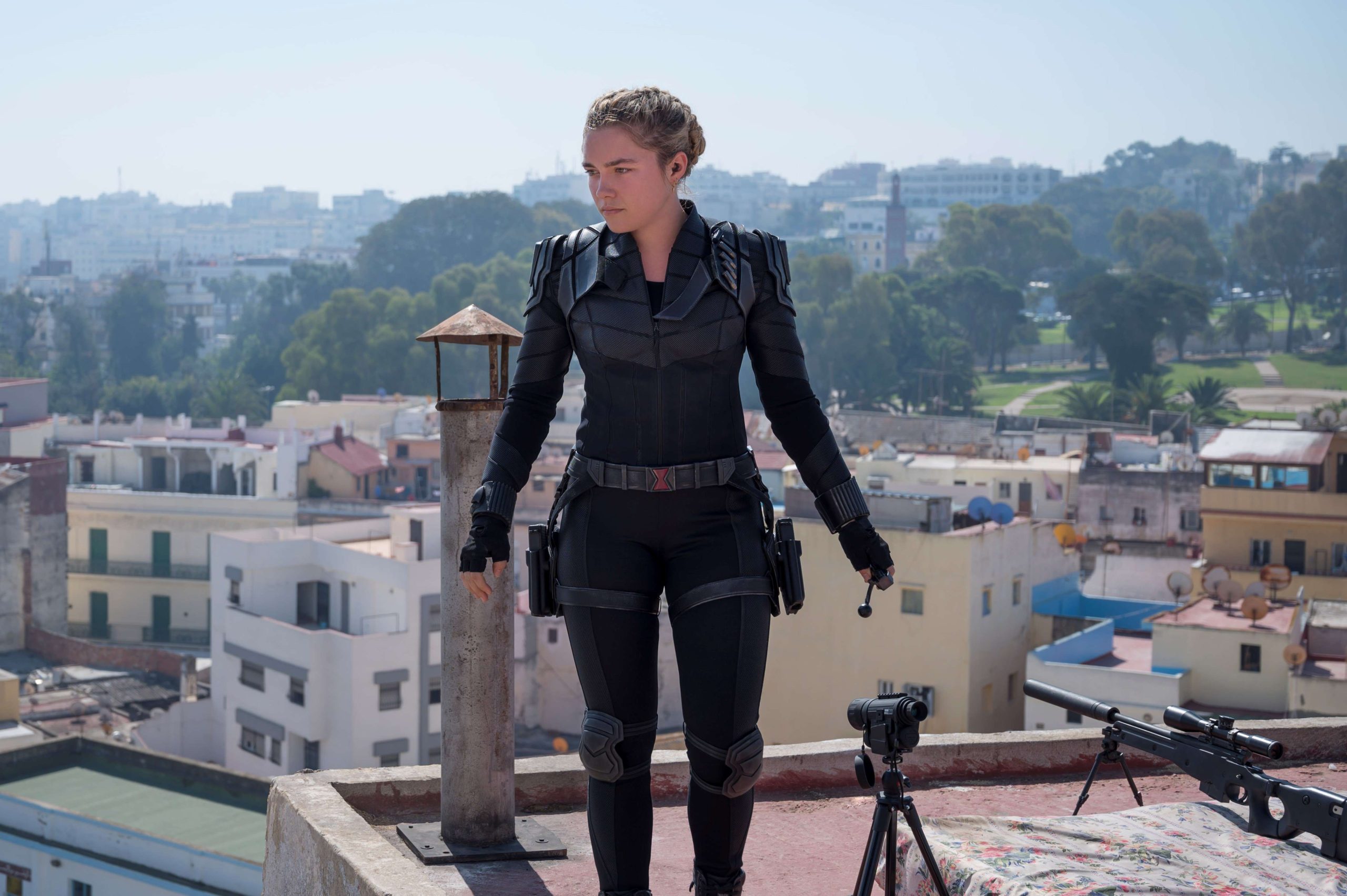When it comes to crafting a compelling cinematic experience, the collaboration and creative input of the cast often play a pivotal role. In the case of Marvel’s “Black Widow,” actress Florence Pugh, who joined the Marvel Cinematic Universe (MCU) as Yelena Belova, not only delivered a stellar performance but also contributed significantly to the film’s development, leaving an indelible mark on the script.
Scarlett Johansson’s portrayal of Natasha Romanoff, aka Black Widow, has been a cornerstone of the MCU since her debut in “Iron Man 2.” However, with the introduction of Pugh’s character, Yelena Belova, in “Black Widow,” the dynamics of the story took an intriguing turn. Pugh’s nuanced performance brought depth to the narrative, prompting a reassessment of the script and leading to impactful changes.
One notable aspect of Pugh’s contribution was her critique of the initial script, which led to a collaborative effort to enhance the character arcs and interactions within the film. Her insights and suggestions added layers to the relationship between Black Widow and Yelena, creating a more authentic and emotionally resonant storyline that resonated with both the cast and audiences.
Pugh’s critique not only influenced the dialogue and character dynamics but also contributed to the overall tone of the film. The collaborative process allowed for a more cohesive and engaging narrative, ensuring that each character’s journey felt organic and contributed meaningfully to the overarching storyline of the MCU.
One of the standout scenes in “Black Widow” that bears the imprint of Pugh’s impact is the emotional exchange between Natasha and Yelena. Their sisterly bond, filled with humor, vulnerability, and shared history, became a focal point of the film. Pugh’s input helped shape Yelena into a multidimensional character, elevating her beyond a mere sidekick and positioning her as a vital player in the MCU’s evolving narrative.
The success of “Black Widow” and the positive reception of Florence Pugh’s character underscore the importance of fostering an environment where actors feel empowered to contribute creatively. Pugh’s critique, rather than just pointing out flaws, became a catalyst for collaborative storytelling, resulting in a film that not only pays tribute to Black Widow’s legacy but also introduces a promising new character to the MCU.
In the grand tapestry of the Marvel Cinematic Universe, Florence Pugh’s impact on “Black Widow” extends beyond her on-screen presence. It showcases the collaborative spirit that defines successful filmmaking, reminding audiences that the creative process is dynamic and ever-evolving. As the MCU continues to expand, Pugh’s contributions to “Black Widow” stand as a testament to the transformative power of constructive critique in shaping the future of iconic characters and their stories.
